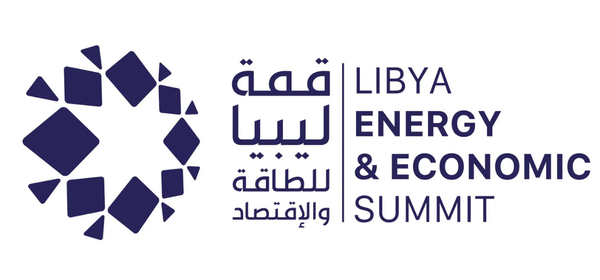Libya’s Zallaf to Commission Erwan-El Sharara Pipeline
)
The 97-km pipeline is anticipated to significantly enhance the Erwan field’s production capacity, enabling an increase of more than 10,000 barrels per day (bpd) once fully operational. Meanwhile, the El Sharara field, one of Libya’s largest, has a production capacity of around 300,000 bpd. By linking these two fields, Zallaf aims to maximize resource utilization and minimize downtime, strengthening Libya’s overall energy output.
Libya’s Pipeline Infrastructure
Improving connectivity between oil fields and export terminals is a central focus of Libya’s strategy to raise production to over 2 million bpd within the next two to three years. This ambitious target is closely tied to the expansion and modernization of the country’s pipeline network, a move expected to unlock additional reserves and sustain higher production.
NOC Chairman Farhat Bengdara has highlighted requisite investments of $17 billion to achieve Libya’s production goals, with a significant share of the funding earmarked for pipeline and equipment upgrades. Many existing pipelines are nearing the end of their operational lifespan and require immediate replacement – a challenge that Bengdara has prioritized.
Pipelines are integral to boosting Libya’s oil production, offering an efficient and cost-effective means of transporting crude from fields to refineries and export terminals. By reducing bottlenecks, connecting remote fields and ensuring steady flows, these infrastructure upgrades can attract both foreign and local investment, enhancing the sector’s growth prospects.
Ongoing Maintenance and Expansion Projects
The NOC is making substantial investments in refurbishing and building new pipelines. In September, Egyptian contractor Petrojet secured a $70 million contract to construct a crude oil pipeline and develop storage facilities for Libya’s Harouge Oil Operations, which oversees three crude oil pipelines, the Port of Ras Lanuf and five oilfields.
In July, Mellitah Oil & Gas and Nafusah Oil Operations commissioned a 250-km pipeline linking the North Hamada oil field to the Mellitah Port, boosting production to 10,000 bpd. This followed the commissioning of Nafusah Oil Operations’ renovation and extension of its 51-km El-Feel pipeline in 2023, connecting it to the Mellitah Complex. In January 2024, the NOC awarded a $2 billion contract to Oil Invest, a subsidiary of the Libyan Investment Authority, to construct a 700-km pipeline connecting the Sirte Basin oilfields to the Ras Lanuf and Al-Sidr export terminals.
Libya’s determined push to upgrade and expand its pipeline network underscores the importance of modern infrastructure to support energy production growth. By reducing inefficiencies and enhancing connectivity, these investments pave the way for a more resilient and competitive oil sector that can drive broader economic recovery and development.

